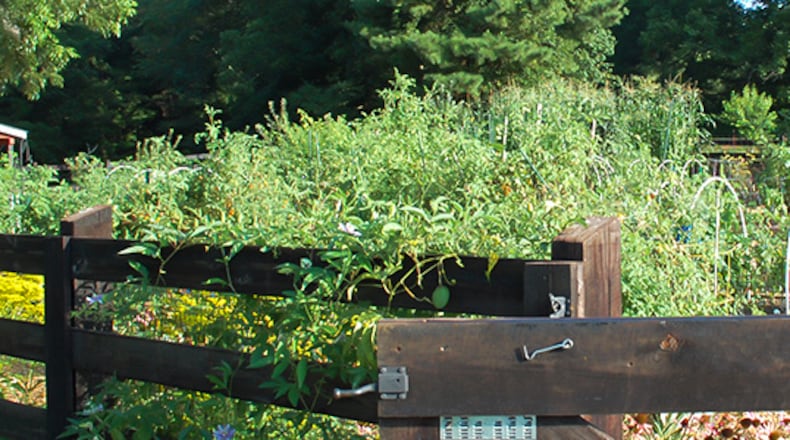On a party-line vote, the Georgia state Senate on Thursday approved a Republican-led effort to create a city of Lost Mountain in western Cobb County.
The vote passed 33-19 over the objections of Democrats and county officials, who say Lost Mountain and two other Republican-led cityhood movements are being rushed to the ballot without fully considering the consequences for the county budget, or for the residents who live within the proposed city boundaries.
If the House agrees to minor changes made by the Senate and Gov. Brian Kemp signs it into law, West Cobb voters would be asked on the May primary ballot whether they want to create a new city government.
Supporters say a city is needed to give them local control of zoning and development. As the county’s growth has accelerated in recent decades, with a countywide population now topping 766,000, West Cobb residents say they fear their community is at risk of losing the mix of rural and suburban life that drew them there in the first place.
“This bill is about what may come in next to people’s homes, like industrial properties, like apartment complexes,” said state Sen. Lindsey Tippins (R-West Cobb). “We should not allow citizens’ property values to be eroded by rampant zoning that’s not consistent with the neighborhoods.”
County officials insist that such fears are unwarranted. Cobb is going through an update to its zoning and development ordinances to consolidate them into one unified development code, but planners say they have no intention of making sweeping changes to existing land uses.
The proposed city of Lost Mountain would start at Macland Road in the south, run northeast to Kennesaw and stop just south of U.S. 41 near Acworth in the northwest. It would immediately become one of Cobb’s largest cities with a population of nearly 75,000, according to a feasibility study completed by the Carl Vinson Institute. Demographically, Lost Mountain is whiter, wealthier and more conservative than the county as a whole.
On Monday, Kemp signed into law a bill authorizing a separate referendum to create a city of East Cobb. The Vinings cityhood effort has cleared the House, while a fourth cityhood movement, Mableton, advanced to the House floor earlier this week. An interactive map of all four can be found at cobbcounty.org/cityhood.
Taken together, the four cityhood movements would amount to a historic reshaping of Cobb County’s political boundaries. If all four are approved, it would carve up most of Cobb’s remaining unincorporated land, and increase its total number of cities from 6 to 10.
Feasibility studies completed on behalf of the four movements show that all would be financially viable without raising taxes. But county officials say it’s not clear whether the services offered by the cities will be up to par with what the county already provides.
Cobb has not completed a comprehensive financial impact study. However, county finance officials estimate they would lose as much as $45.7 million in revenue, while seeing minimal savings when the cities take over some public services.
About the Author
The Latest
Featured



